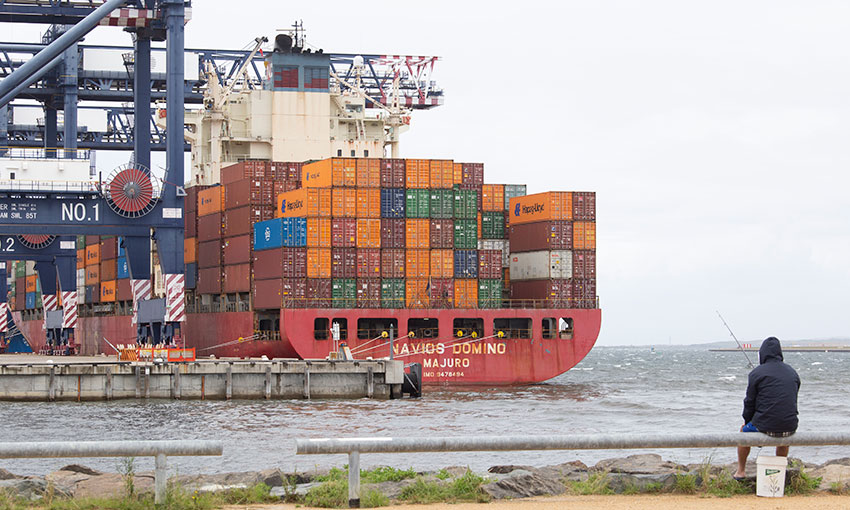AUSTRALIA’S supply chains are set to withstand the current onslaught of challenges under the National Freight and Supply Chain Strategy, but poor management of outbreaks could derail progress, according to the latest annual report for the strategy.
In report, the Freight Industry Reference Panel commended governments’ commitment to supporting freight and supply chains, noting the importance of staying on track.
Endorsed in 2019, the National Freight and Supply Chain Strategy was developed to position Australia’s multimodal freight supply chains to overcome industry challenges now and into the future.
The message emphasised in this year’s progress statement was “stay the course”, encouraging governments and industry to work together in delivering the strategy to ensure the nation’s future prosperity.
Reflecting on the impacts of the pandemic, the Freight Industry Reference Panel commented on the major events that have affected national and international supply chains during COVID-19.
“Disruptions have been exacerbated by lockdowns, increased mandatory testing and vaccination efforts across the country, impacting the movement of people and goods,” the panel said.
“The industry is also grappling with international trade shocks and delays, such as those caused by the MV Ever Given in the Suez Canal and the COVID-19 outbreak in Yantian Terminal in southern China.
“The cost of international shipping and ongoing delivery delays due to disruptions in supply chains, upon which Australia is so dependent, has increased and is expected to persist and may become the new norm for the medium term.
“There is no immediate relief in sight.”
Australia set to overcome challenges
Despite the severity of the disruptions, the panel suggested Australia is well placed to meet these challenges and is making progress under the National Freight and Supply Chain Strategy.
For example, governments and industry are working together to improve supply chain efficiency, including through the National Rail Action Plan and completion of stage one of the Advanced Train Management System.
The panel reported governments are planning and setting aside funding for intermodal terminals, demonstrating recognition of the importance of efficient transfer of freight across modes.
They highlighted the work national cabinet and transport ministers have been doing to streamline and update the Freight Movement Protocol to ensure a more consistent approach to COVID-19 testing and vaccination.
The panel welcomed the Australian government’s 2021-22 budget commitment of $16.5 million to establish a National Freight Data Hub. They noted the freight sector has long called on governments to improve collection of freight data to inform policy decisions.
They said ongoing programs are continuing to support resilient and efficient transport networks with an additional $140 million in funding for 205 projects announced under round 5 of the program.
The panel also noted the Australian Government’s investment in telecommunications infrastructure, with $380 million committed to the Mobile Black Spot Program, which is providing improved mobile coverage to more than 8000 kilometres of major transport routes.
There are potential threats to this progress however, the panel highlighting the counterproductivity of divergent approaches to management of COVID outbreaks and political pressure to address immediate issues.
“We are calling on governments to stay the course with the strategy, adapting as it is necessary but only in pursuit of the end goal – a safe, reliable, and efficient freight and supply chain system that supports Australia,” they said.
The panel encouraged governments to view the progress they’ve made as a steppingstone rather than a destination.





